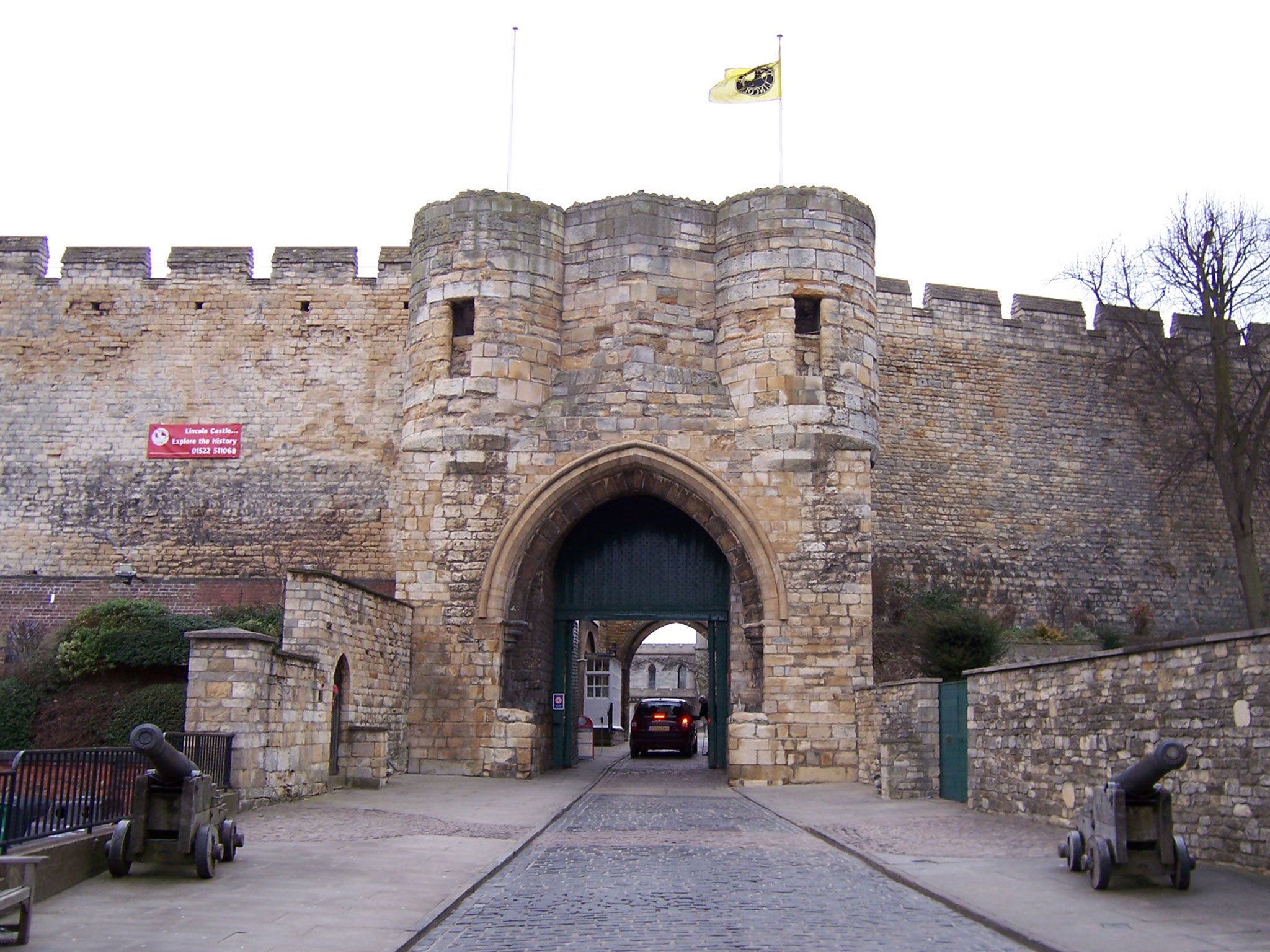Archaeologists hope to extract 'somebody terribly important' from Lincoln Castle sarcophagus
The team found a number of skeletons near remains of a previously undiscovered church

Archaeologists are preparing to extract a stone sarcophagus from the grounds of Lincoln Castle which is thought to contain 'somebody terribly important'.
It is believed that the casket, thought to date from about 900AD, could contain a Saxon king or bishop. The archaeologists have been on the site for close to a year and their work came to an end this week.
The Sarcophagus was found alongside the ruins of a previously unknown church.
Cecily Spall, a member of the excavating team said, "Logistically it's quite a difficult job because the trench is deep and the sarcophagus obviously weighs a lot."
The team hope to do a digital reconstruction of the skeleton once the case is opened.
The Castle is being refurbished and the team has been digging where a new centre to house the Magna Carta is to be built.
The Sarcophagus is among a number of artifacts that have been unearthed. Several other human skeletons were discovered alongside remains of the church, which is thought to date back 1,000 years.
Ms Spall said, "It's very unusual for archaeologists to encounter a church which hasn't been detected in historical documents."
A Roman townhouse, thought to have been demolished in the 9th or 10th century, was also uncovered by the group.
A selection of the finds, dating from the 4th century up to the 20th century, will be displayed at the castle. They include pieces of pottery, cooking pots, animal bones and even ice skates.
Lincoln Castle is home to one of only four surviving copies of the Magna Carta. The quill-written document, originally signed in 1215 under the reign of King John, was the first document forced onto an English monarch by his subjects.
The document was an attempt to limit the King's power by law and is credited with beginning the path to the rule of constitutional law in the English-speaking world.
Join our commenting forum
Join thought-provoking conversations, follow other Independent readers and see their replies
Comments
Bookmark popover
Removed from bookmarks